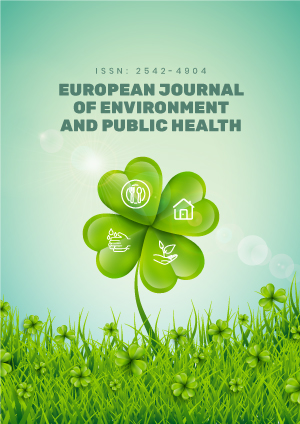Abstract
Objectives: The molecular biology revolution has emerged with the determination that bone tissue is an endocrine organ that regulates many physiological processes, and osteocalcin (OCN), an osteoblast-derived protein that provides endocrine control, is a hormone that regulates glucose and energy homeostasis. By controlling gene expression in β-cells and adipocytes, OCN improves glucose intolerance, obesity, and insulin expression. In addition, OCN stimulates the secretion of adiponectin, a molecule that increases fatty acid oxidation and insulin secretion and sensitivity in adipose tissue and reduces adipose tissue accumulation. Recent research suggests that serum OCN increases the expression of peroxisome proliferator-activated receptor gamma coactivator-1α (PGC-1α) and uncoupling protein-1 (UCP1) genes, which play a role in thermogenesis in brown adipose tissue, it also affects insulin sensitivity by increasing adiponectin expression in white adipose tissue. OCN the target gene of insulin, and resting energy expenditure and mitochondrial biogenesis. With all these effects, OCN is a protein that has recently been found to be associated with diabetes and obesity components.
Conclusions: This review aims to present an overview of understanding the interaction of OCN produced by osteoblasts with insulin, glucose metabolism, adipose tissue, skeletal and muscle tissue, and appetite metabolism in understanding the endocrine functions of bone. In addition, it was conducted to examine the role of OCN in energy metabolism and to evaluate the relationship of energy metabolism pathways affected by OCN with non-communicable chronic diseases such as type 2 diabetes mellitus and obesity.
Keywords
License
This is an open access article distributed under the Creative Commons Attribution License which permits unrestricted use, distribution, and reproduction in any medium, provided the original work is properly cited.
Article Type: Review Article
EUR J ENV PUBLIC HLT, Volume 7, Issue 3, 2023, Article No: em0135
https://doi.org/10.29333/ejeph/12799
Publication date: 01 Jul 2023
Online publication date: 06 Jan 2023
Article Views: 1239
Article Downloads: 1470
Open Access References How to cite this article
 Full Text (PDF)
Full Text (PDF)